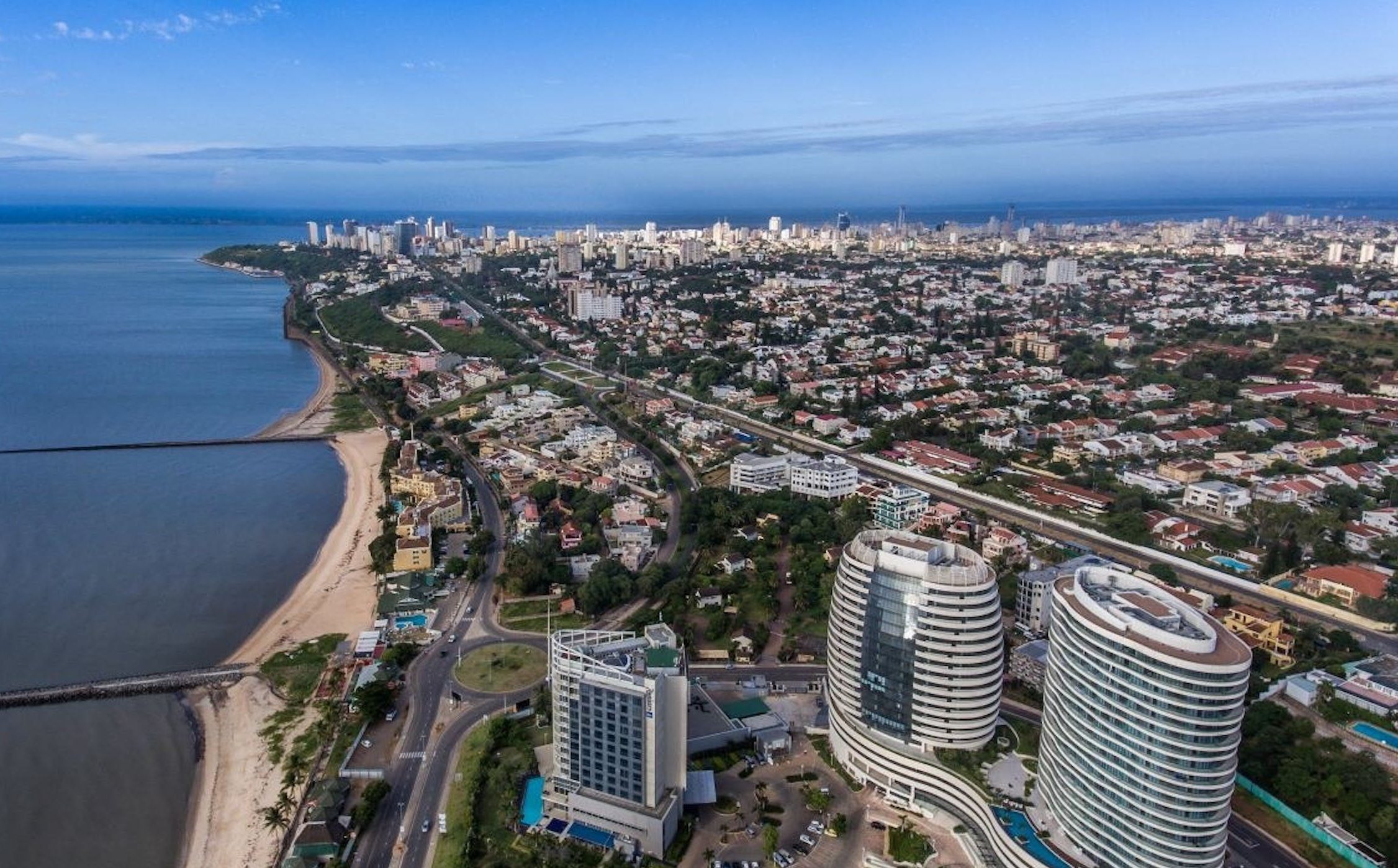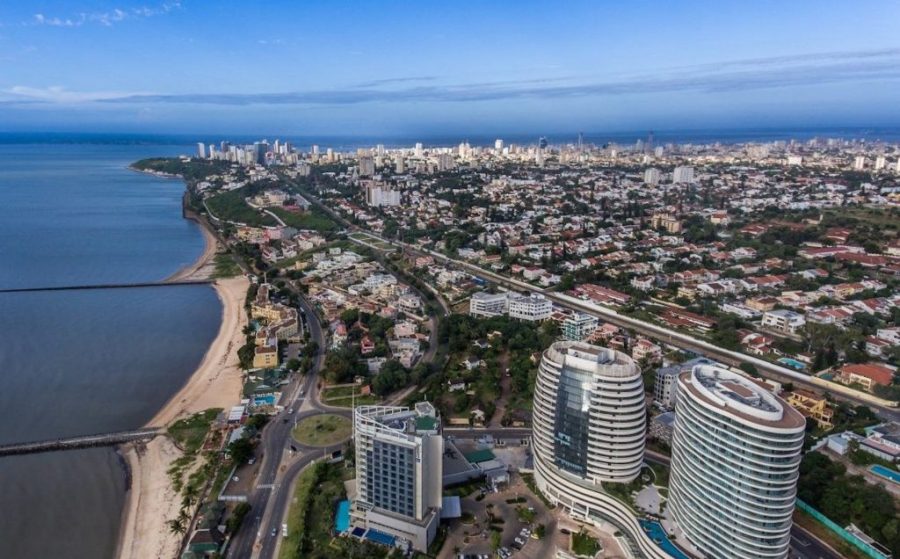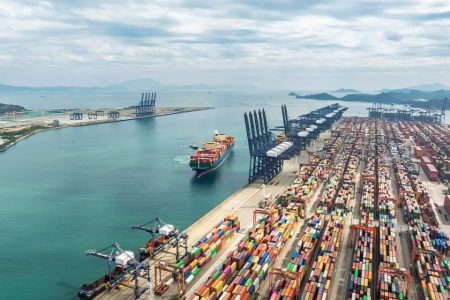The latest World Economic Outlook report, released by the International Monetary Fund (IMF) this week, predicts that Guinea-Bissau and Mozambique will lead growth this year for Africa’s Portuguese-speaking countries.
Both countries are expected to see 5 percent growth in 2024, closely followed by Cabo Verde at 4.7 percent. São Tomé and Príncipe and Angola are estimated to see more growth of 2.9 percent and 2.6 percent, respectively, while Equatorial Guinea is expected to see a modest 0.5 percent.
All six lusophone nations in Africa are designated as low-income developing countries by the IMF, a grouping expected to see the highest overall growth in 2024 at 4.7 percent.
[See more: The IMF expects Macao’s economy to grow by almost 14 percent this year]
Globally the IMF expects to see 3.2 percent growth in 2024. Besides the low-income nations, emerging market and developing economies (4.2 percent) and emerging market and middle-income economies (4.1 percent) also help to keep the global average well above the 1.7 percent growth predicted for advanced economies.
Pierre Olivier-Gourinchas, chief economist for the IMF, told the Portuguese news agency Lusa that while the progress against inflation appears to have “stalled” and the global economy isn’t especially strong, it “continues to display remarkable resilience.” The 3.2 percent is a slight revision up, from 3.1 percent in January, and is expected to be sustained in 2025.
Guinea-Bissau, Mozambique and Cabo Verde are also predicted to maintain their 2024 growth rates into next year, while Angola’s will increase from 2.6 to 3.1 percent and São Tomé and Príncipe’s will see a larger jump, from 2.9 to 4.1 percent. Equatorial Guinea is the only African PSC predicted to backslide in 2025, shrinking by 4.6 percent.






